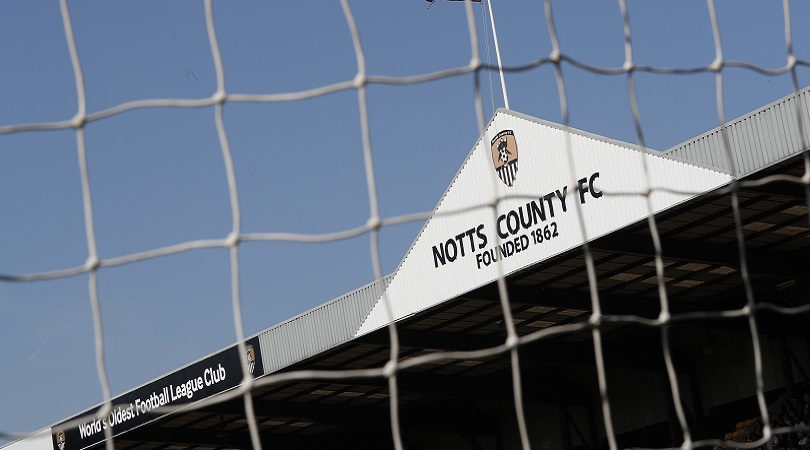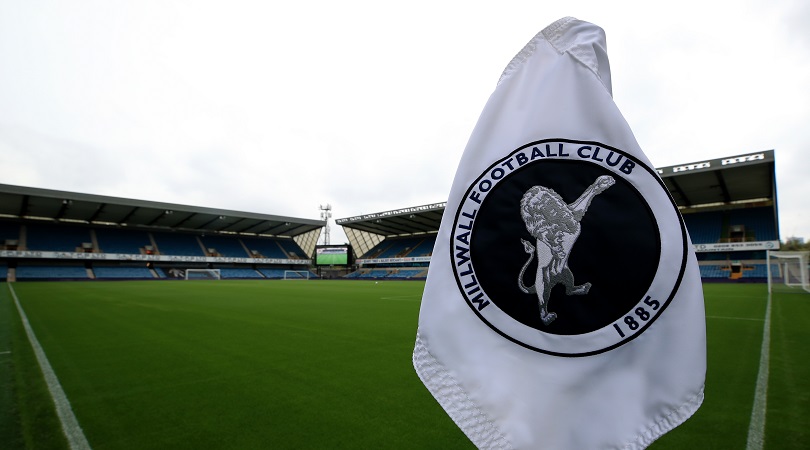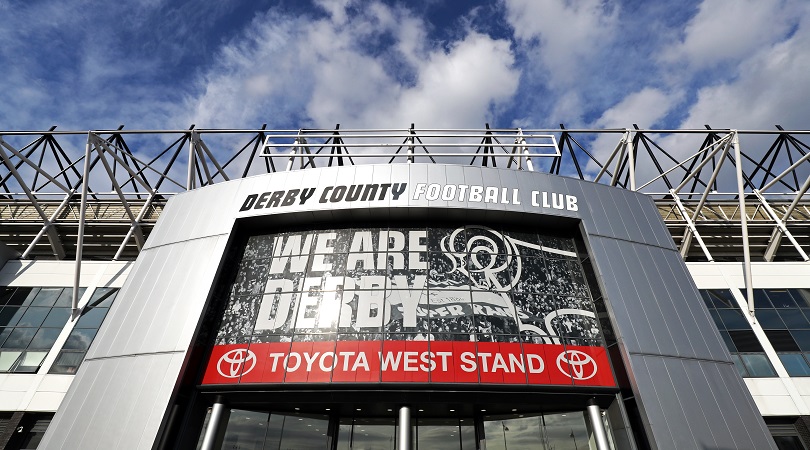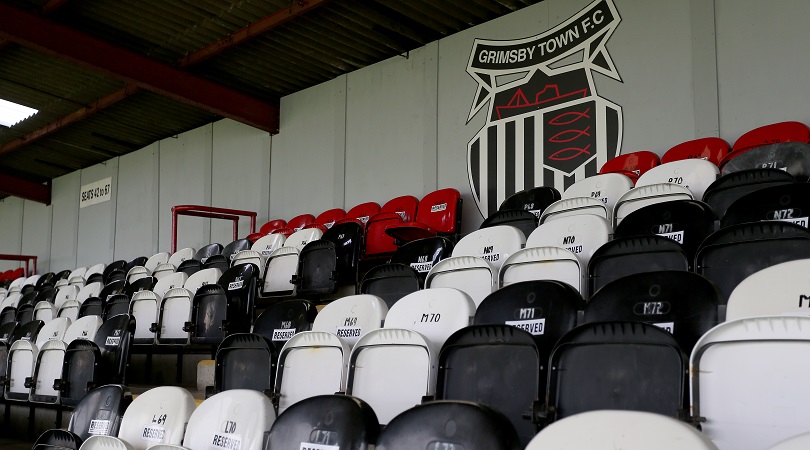
38. Arsenal (1886)
As Tottenham fans like to remind supporters of their arch-rivals, Arsenal were initially a south London club. They moved from Woolwich to Highbury in 1913, 27 years after their birth, and over the next century became one of the most successful sides in the history of the English game.

33. Tranmere (1884)
When local cricket teams Lyndhurst Wanderers and Belmont decided in 1884 that their football branches deserved a club of their own, Tranmere Rovers were formed. They didn’t join the Football League until 1921 and had to wait until the 1990s for their first post-war experience of the second division.

28. Queens Park Rangers (1882)
Queens Park Rangers held talks with Wimbledon in 2001 over a potential merger, but combining the two London teams was never likely to happen. However, QPR are actually the outcome of an 1886 merger involving Christchurch Rangers and St Jude’s Institute, although their official founding date is four years earlier to mark Christchurch’s formation.

26. Burnley (1882)
When the Football Association drew up the Laws of the Game in 1863, they were doing so in an attempt to clearly define the differences between football and rugby. The Clarets initially had links with the latter sport, with members of Burnley Rovers Rugby Club responsible for the creation of the football club in 1882.

24. Preston (1880)
Preston North End was born in 1863, but the original sports club only played cricket. Football was added to the timetable in 1880, enough time for the Lancastrians to become founder members of the Football League eight years later. Preston were the dominant team early on, winning the first two league titles and remaining one of only two teams to complete an English league season unbeaten.

21. Sunderland (1879)
Sunderland’s foundation date is disputed: the idea to create the club came from a man named James Allan in 1879, but some suggest it wasn’t formally set up until the following year. However, October 1879 remains the official birth month of the club which joined the Football League in time for its second season in 1890/91.

19. Doncaster (1879)
Doncaster Rovers were founded by railway workers in 1879 and quickly became the primary team of the Yorkshire town. They won election to the Football League in 1901 and immediately finished seventh in the Second Division, which remains their highest ever position more than a century on.

17. Manchester United (1878)
Founded as Newton Heath Lancashire and Yorkshire Railway Football Club in 1878, the club sensibly changed its name to Manchester United in 1902. Initially joining the Football League in 1892, they are currently the most successful team in the competition’s history with 20 top-tier titles.

12. Crewe (1877)
It shouldn’t come as a surprise that a club nicknamed the ‘Railwaymen’ was set up by local railway workers. Crewe Alexandra joined the Football League Second Division in 1892 and moved into Gresty Road in 1906, by which time they were competing in the Birmingham and District League.

10. Macclesfield (1876)
Founded after a merger between the 8th Cheshire Rifle Volunteers and the Olympic Cricket club, Macclesfield were established in 1876 – making them one of the 10 oldest sides currently in the top four divisions. They didn’t become members of the Football League until 1997 but made up for lost time by winning promotion in their debut campaign.

8. Blackburn (1875)
Founded by old school friends John Lewis and Arthur Constantine in 1875, Blackburn helped form the Lancashire Football Association three years later. Founder members of the Football League, they won the First Division title in 1912 and 1914 – as well as in the third season of the Premier League in 1994/95.
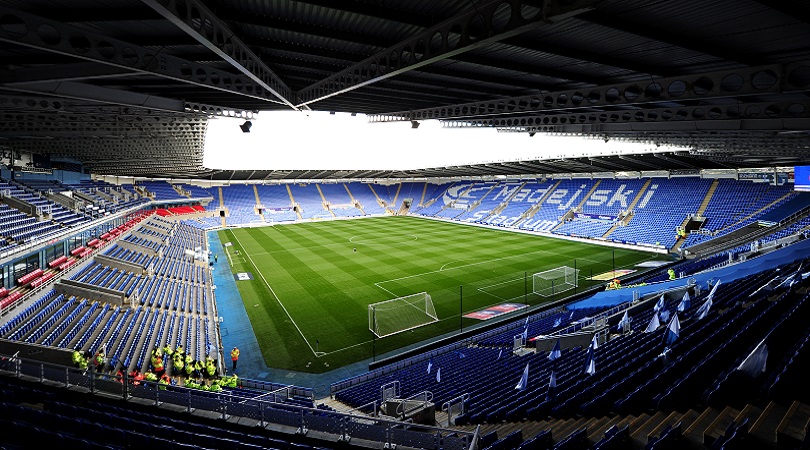
4. Reading (1871)
Reading were founded on Christmas Day 1871 but didn’t join the Football League until 1920, instead spending the early years playing in the Southern League system. They won promotion to the top flight for the first time in 2006, and went on to finish eighth in the Premier League the following year.

3. Sheffield Wednesday (1867)
Sheffield Wednesday were founded on – you guessed it – a Wednesday. The club came into existence in September 1867, making them one of the oldest professional outfits around. However, they weren’t the first club in their city, with amateur side Sheffield FC predating the Owls by a decade.

1. Stoke (1863)
Stoke didn’t have much to cheer last season, with the Potters marking their return to the Championship with an underwhelming 16th-place finish. They did, however, become the oldest current Football League side by virtue of Notts County’s relegation from League Two.
Formed as Stoke Ramblers in 1863, the club were founder members of the Football League, although they were forced to drop into non-league after going bankrupt in 1907.
Greg Lea is a freelance football journalist who's filled in wherever FourFourTwo needs him since 2014. He became a Crystal Palace fan after watching a 1-0 loss to Port Vale in 1998, and once got on the scoresheet in a primary school game against Wilfried Zaha's Whitehorse Manor (an own goal in an 8-0 defeat).
 Join The Club
Join The Club










